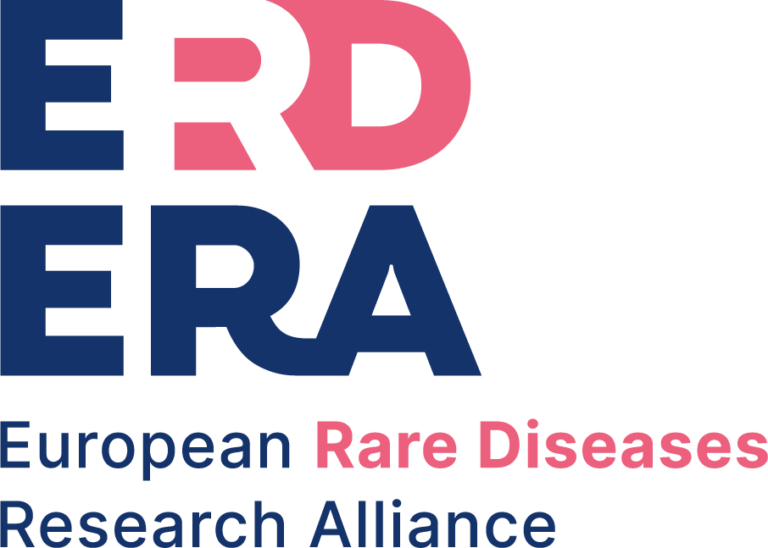
The European Rare Diseases Research Alliance is a co-funded partnership between the European Commission, European Member States, and beyond. Taking over the European Joint Programme for Rare Diseases EJPRD, ERDERA’ s general missions are to advance basic research and clinical applications, forster patient engagement and enabling important international collaborations.
To see more about ERDERA partnership, consult our dedicated webpage.
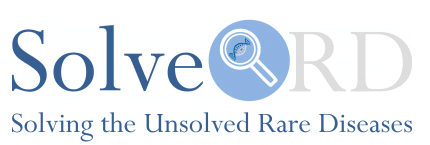
Solve-RD (“Solve-RD – solving the unsolved rare diseases”) is a research project funded by the European Commission through the Horizon 2020 programme which aims to help finding a diagnosis for all unsolved rare disease cases. ITHACA is a key contributing partner to this pan-European research project and the coordinator of ITHACA is an ex officio member of the Solve-RD Steering committee.
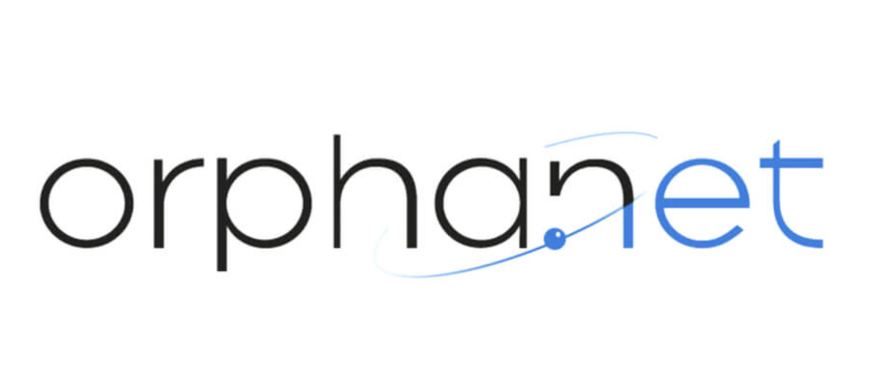
Orphanet, an European website that provides an inventory and classification of rare diseases (RDs), with each entry having its own ORPHA code, an encyclopaedia of expert-authored and peer-reviewed review articles, various clinical guidelines, diagnostic criteria, guidance for genetic testing, disability factsheets etc., and a directory of services (clinics, laboratories, research projects, registries, clinical trials, patient organisations).
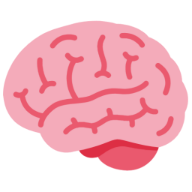
SysNDD is an expert manually curated catalogue of published genes implicated in neurodevelopmental disorders (NDDs) and classified into primary and candidate genes. To allow interoperability and mapping between gene-, phenotype- or disease-oriented databases, SysNDD center their approach around curated gene-inheritance-disease units, so called entities. SysNDD is updated every 3-4 months and can be utilized for a broad spectrum of tasks from both research and diagnostics.

GestaltMatcher database is a collection of curated medical photography of genetic syndromes. It aims to improve the openness and accessibility of scientific findings and to enhance collaboration amongst researchers and clinicians in order to match patients with facial similarity and thus, possibly diagnose patients with an ultra-rare disorder, or delineate a new syndrome in similar patients
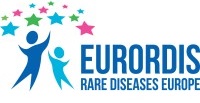
EURORDIS – Rare Diseases Europe is a unique, non-profit alliance of over 1000 rare disease patient organisations from 74 countries that work together to improve the lives of over 30 million people living with a rare disease in Europe. By connecting patients, families and patient groups, as well as by bringing together all stakeholders and mobilising the rare disease community, EURORDIS strengthens the patient voice and shapes research, policies and patient services. In Particular, EURORDIS is responsible for the creation of European Patient Advocay Groups (ePAGs), which are non-profit organisation representing rare disease patients specifically within an ERN. To know more about ePAGs, you can consult the ITHACA website here.
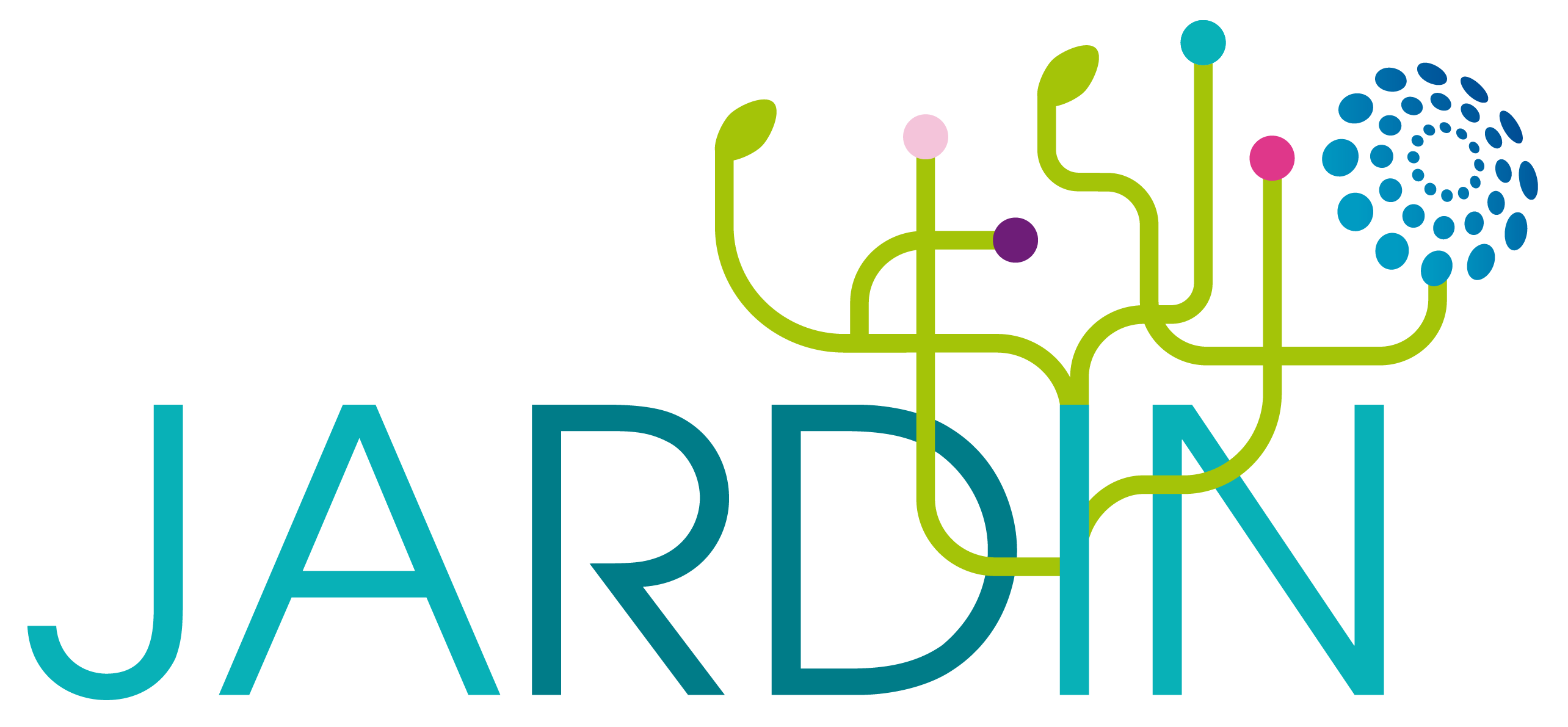
The Joint Action on integration of ERNs into national healthcare Systems (JARDIN project) has been build in the frame of the EU4Health Programme (EU4H). JARDIN build on a consortium of 29 partner states : 27 EU Member states (MS) + Norway + Ukraine. It associates 55 stakeholders (all health ministeries, many HCP, research infrastructures…). Many ITHACA-linked HCPs are official participants. The grant agreement has been signed for three years, with a EU budget of 11 M€.
To learn more about the project, see our dedicated webpage.
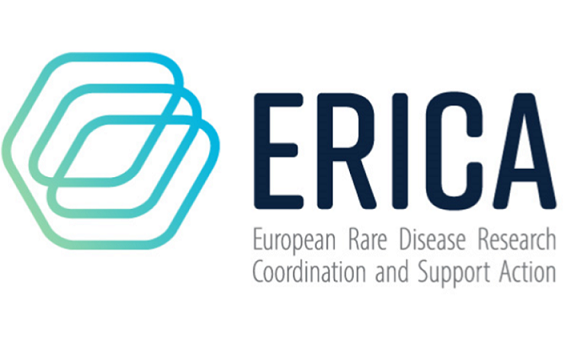
ERICA is the European Rare Disease Research Coordination and Support Action consortium. The aim of this organisation, in which all 24 European Reference Networks (ERNs) take part, is to build on the strength of the individual ERNs and create a platform that integrates all ERNs research and innovation capacity. ERICA will strengthen research and innovation capacity by the integration of ERN research activities, outreach to European research infrastructures to synergistically increase impact and innovation. This will result in efficient access and safe therapies for the benefit of patients suffering from rare diseases and complex conditions.
ERICA | The European Rare Disease Research Coordination and Support Action
